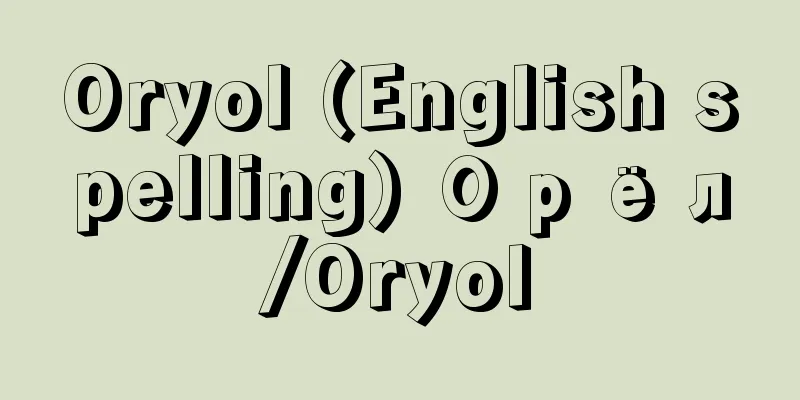Kádár János (English spelling)

|
Hungarian politician. He became an apprentice precision mechanic, and in 1930 he joined the labor movement. In 1931 he joined the Young Communist Workers' Union. He participated in the reconstruction of the Communist Party in 1940, and became a Central Committee member in 1942. He also served as a Central Committee member of the Party's public organization, the "Party of Peace." He was arrested for trying to contact Tito during the German occupation. In February 1945, the Party's Moscow exile Central Committee and the National Central Committee merged, and he became a Central Committee member. He subsequently served as a member of parliament and assistant superintendent general of the police. After joining forces with the Socialist Party to found the Workers' Party, he became Minister of the Interior in August 1948. Soon after, the anti-Tito campaign began, and the purge of the anti-Rákosi (Secretary General) faction also began, leading to his arrest in 1951. He was rehabilitated in 1954, and once again held a key position in the party. During the Hungarian Revolution in the fall of 1956, he initially joined the Nagy government, but left Nagy in response to the Soviet military intervention, organized a pro-Soviet revolutionary workers' and peasants' government, and put down the rebellion. He served as first secretary of the party until 1988. At one point he also served as prime minister, and stabilized the national situation with a flexible policy of "who is not an enemy is an ally," earning the trust of the people. [Ieda Osamu] [References] | |Source: Shogakukan Encyclopedia Nipponica About Encyclopedia Nipponica Information | Legend |
|
ハンガリーの政治家。精密機械工見習いとなり、1930年労働運動に参加。翌1931年共産主義青年労働者同盟に加盟。1940年の共産党再建に参加し、1942年中央委員となる。党の公然組織「平和党」の中央委員も兼任。ドイツ占領期にチトーとの接触を図って逮捕される。1945年2月に党のモスクワ亡命派中央委員会と国内中央委員会が合同、中央委員となる。以後、国会議員や警視総監補としても活躍。社会党との合同による勤労者党創立後の1948年8月に内相就任。その直後、反チトー・キャンペーンが起こり、反ラーコシ(書記長)派の粛清も始まり、1951年に逮捕される。1954年に名誉回復され、ふたたび党要職につく。1956年秋ハンガリー事件のなかで当初ナジ政府に加わるが、ソ連の軍事介入に呼応してナジのもとを離れ、親ソ的革命労農政府を組織し、反抗を鎮圧。以後、1988年まで党第一書記。一時は首相を兼任し、「敵でない者は味方」とする柔軟な政策で国情を安定させ、国民の信望を得た。 [家田 修] [参照項目] | |出典 小学館 日本大百科全書(ニッポニカ)日本大百科全書(ニッポニカ)について 情報 | 凡例 |
<<: Guadalcanal [island] - Guadalcanal
>>: Catarrh - Catarrh (English spelling)
Recommend
Hideo Kobayashi
Critic. Born on April 11, 1902 in Kanda, Tokyo. A...
Fatuus
…He was early identified with the Greek faun Pan,...
Kata Kuninori - Helmet Kuninori
1849-1929 A judicial official in the Meiji period...
Hawkins (Hawkyns), Sir John
Born: 1532. Plymouth [Died] November 12, 1595. Bri...
Petition - petition
It refers to the act of citizens directly express...
Crime of bribery through mediation
… For the crime of bribery to be established, the...
Dinarske planine (English spelling) Dinarskeplanine
The Dinara Mountains are a mountain range that ru...
Abyssobrotula galatheae
… Four species of fish have been collected from t...
Okamoto Palace
The palace of both Emperor Jomei and Saimei. In 6...
Menlungtse
…Its Tibetan name is Chomo Tseringma. It faces th...
Danish movies - Danish movies
In the history of world cinema, Denmark is known f...
Antimony Oxide - Antimony Oxide
Naturally occurring low-temperature stable stibni...
Nasua narica (English spelling)
…[Tadaaki Imaizumi]. … *Some of the terminology t...
Carbon - tanso (English spelling) carbon
It belongs to group 14 of the periodic table and ...
Constantius I, Flavius Valerius
250-306 Roman Emperor. Reigned 293-305, 305-306. A...


![Kyunla Kāri [mountain] - Kyunla Kāri](/upload/images/67d060500d073.webp)






